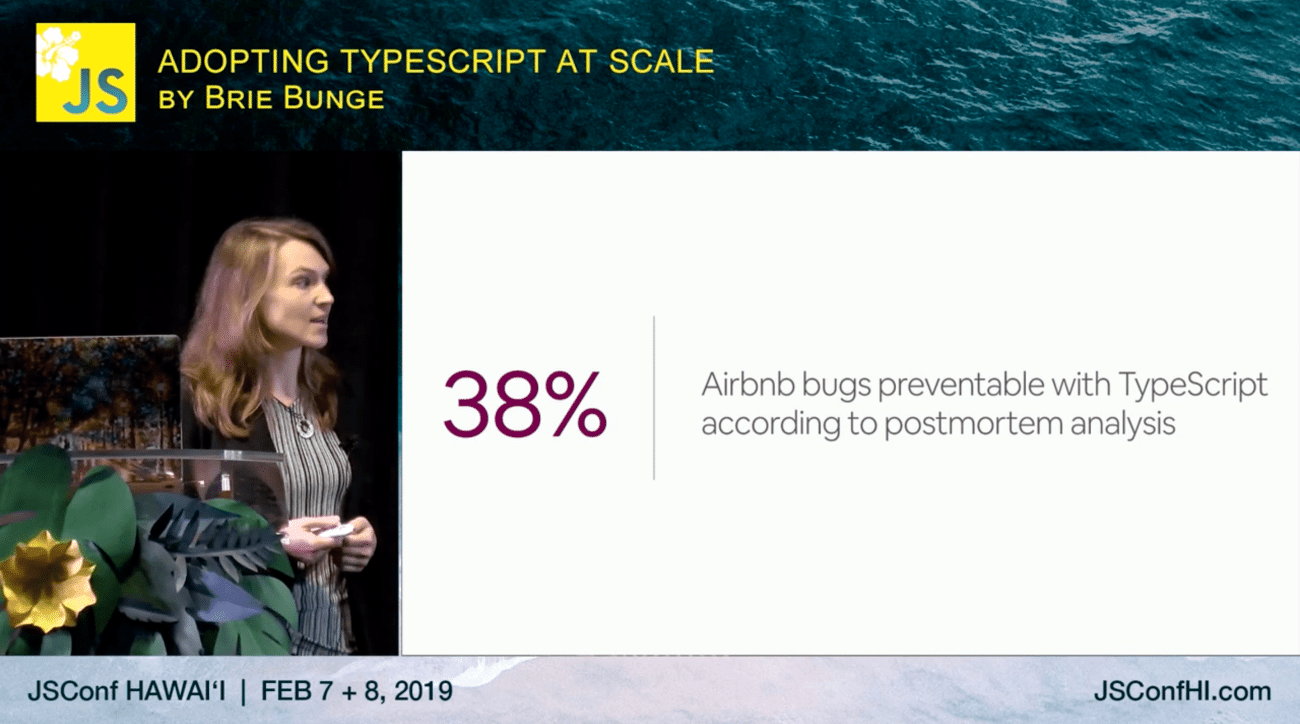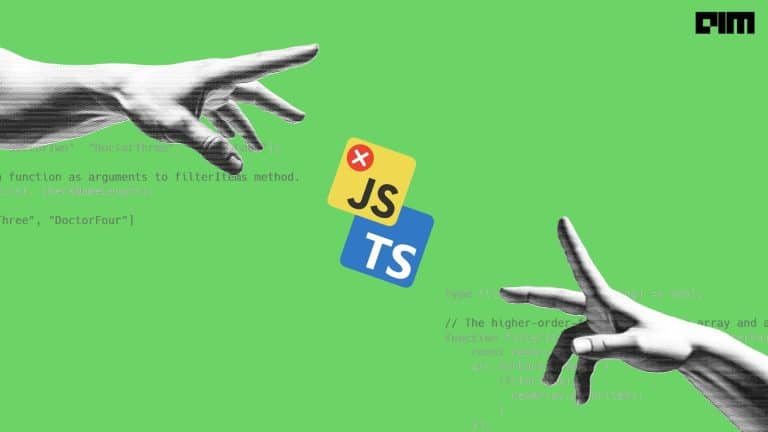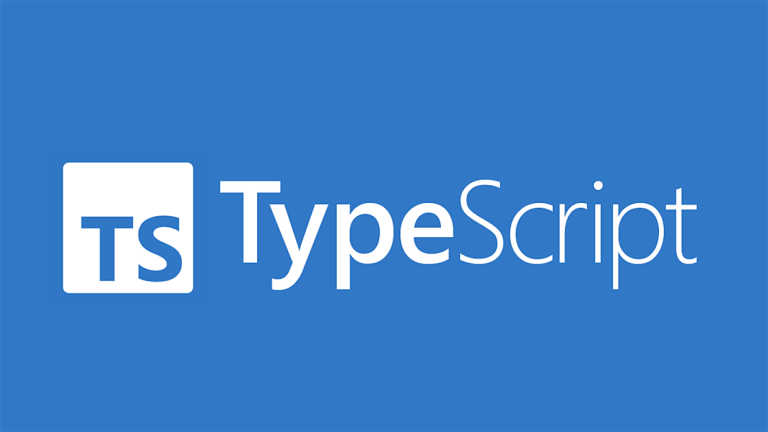|
Listen to this story
|
Web application developers, who want to use LLMs, naturally turn to TypeScript.
TypeScript, as a programming language, is a great fit when it comes to creating fast, user-friendly AI applications. Its asynchronous programming features let multiple tasks run concurrently, which is key when dealing with potentially slow AI model calls. This means that the application can stay responsive even if AI is working in the background.
As a result, there’s been a lot of discussion around whether TypeScript will replace JavaScript for AI development.
Why TypeScript Matters
One of the key reasons why developers are turning to TypeScript for AI is its ability to catch errors at compile-time rather than run-time.
With complex AI algorithms and large datasets, identifying and fixing errors early in the development process is crucial. TypeScript’s static typing helps ensure code quality and reduces the likelihood of bugs slipping through to production.
A recent JetBrains survey reveals that TypeScript is rapidly gaining adoption, with 28% of developers now using it regularly. This growing popularity can be attributed to the language’s ability to improve the overall developer experience and increase confidence in the code.
Harrison Chase, the co-founder and CEO of LangChain, highlighted the growing trend of AI development happening in TypeScript. “We are seeing a lot of AI development happen in TypeScript. Evaluation is a CRITICAL part of AI development! Being able to evaluate gives you the confidence to move fast,” he added.
While sharing a post-mortem report on previous bugs and issues at JSConf Hawaii, 2019, Brie Bunge, a senior staff software engineer at Airbnb, confirmed that 38% of bugs at Airbnb could have been prevented using TypeScript.

Apparently, TypeScript’s compatibility with popular AI libraries like TensorFlow.js and Brain.js enables developers to leverage existing JavaScript tools and frameworks while benefiting from TypeScript’s type safety and enhanced developer experience.
This compatibility allows for a seamless integration with the vast JavaScript ecosystem.
Moreover, the introduction of TypeScript-first AI development frameworks like TypeAI and Axilla.io are good examples of the community’s commitment to making TypeScript a first-class citizen in the AI ecosystem.
These tools provide developers with the necessary abstractions and utilities to build AI applications more efficiently and with fewer errors.
Apart from AI development, TypeScript, being a simple language, can also help you understand concepts. “TypeScript made me understand what I’m actually doing with every function, variable, before writing it… Also, it’s easier to understand object structure and just know more about certain objects,” a Reddit user said.
Can it Replace Python?
Short answer: No. Python can not be replaced with any programming language for AI and ML development – at least for now.
“Python has a lot of use cases around data vis, ML/DS, CI/CD, general scripting, and other things, some of which TS/JS just isn’t really used for currently,” said a Reddit user, suggesting a large ecosystem for data science and machine learning tasks.
We can’t deny Python’s dominance in AI, but there are users who have used both and prefer TypeScript.
A Reddit user in favour of TypeScript said, “Most folks here are pretty adamant that Python is the only way. I spent years coding in Python (mostly Django API servers and some Pytorch) and have now spent a couple of years coding in TS, including building RAG backends. I dramatically prefer TS for a few reasons: Package management with npm is much better…The TS type system is much better than Python types and more widely supported by packages.”
Ultimately, while Python currently remains the dominant language for AI development, TypeScript is gaining traction and offers a compelling alternative for certain use cases. So it will be interesting how the TypeScript community in future will make efforts to make it more relevant for AI development.
































